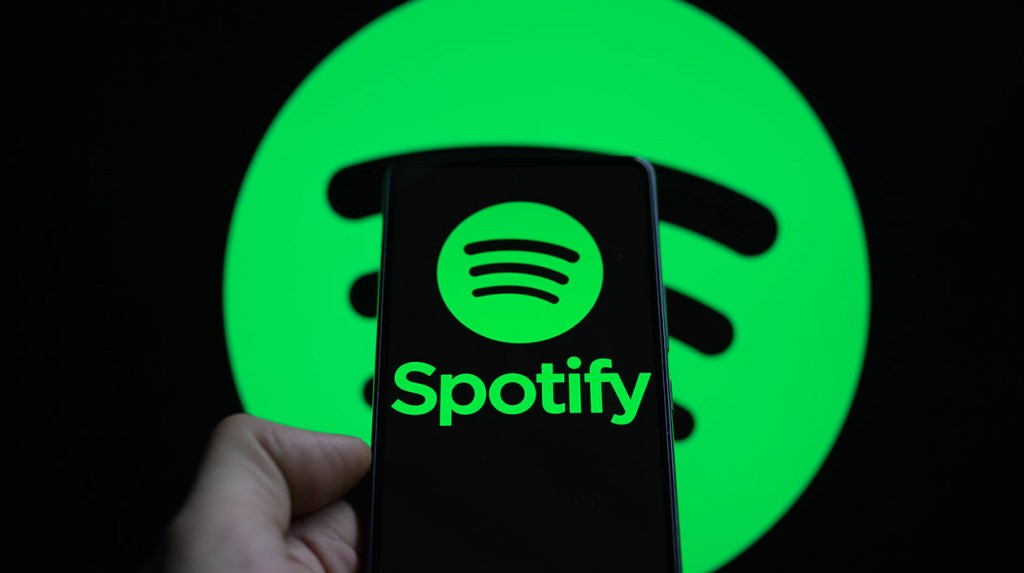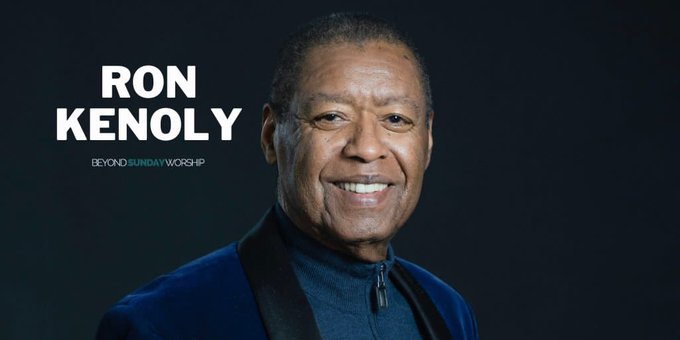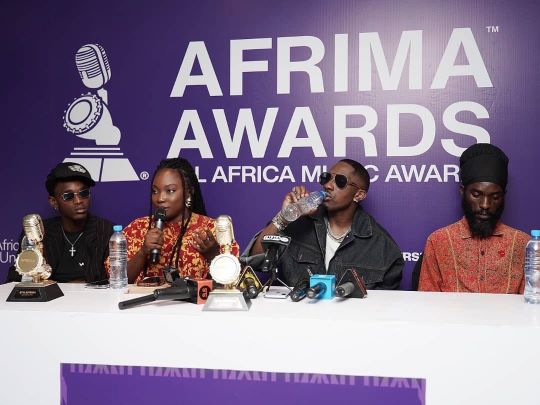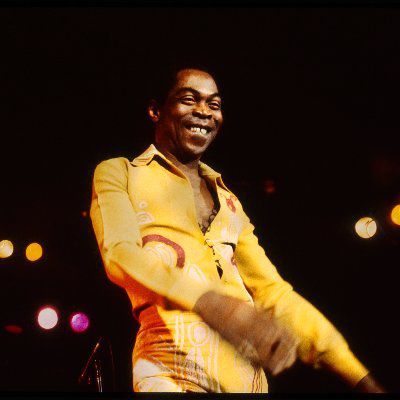Spotify Masterclass: The Truth About Artificial Streaming —And Why It Hurts Artists
FUNSHO AROGUNDADE

Artificial streaming – fake plays from bots or click farms – remains a serious issue in the music industry.
In recent years, artificial streaming (sometimes known as ‘streaming fraud’) has become a hot topic in the music business, but last year, the issue hit new heights when the first-ever U.S. streaming fraud case was brought against a man named Michael Smith in the Southern District of New York.
According to the lawsuit, Smith allegedly stole more than $10 million in royalties across all streaming platforms by uploading AI-generated songs and driving up their stream counts with bots.
Thanks to Spotify’s efforts to curb bad actors on the platform, the company claims that artificial streaming accounts for less than 1% of all Spotify streams.
The latest Spotify for Artists Masterclass – launched Wednesday June 4 – tackles this head-on: https://youtu.be/U5qC6u2MYtww…
The video clarifies the complexities of artificial streaming, its negative impact on artists (inflated stats, misled fans, lost royalties), and how creators can protect themselves.
Many artists are unknowingly targeted by services promising “guaranteed streams” or playlist placements, which are often red flags leading to penalties and hindering genuine fan connections.
Spotify actively combats artificial streaming using advanced detection, manual reviews, and collaborations like the Music Fights Fraud Alliance.
Educating artists and the industry is key. Understanding artificial streaming helps artists get fairly compensated and ensures their music reaches real listeners.
In the video, you’ll hear from Andreea Gleeson (CEO, Tunecore), David Martin (CEO at Featured Artists Coalition), and Bryan Johnson (Head of Artist & Industry Partnerships, International at Spotify).
A lot of artificial streaming instances, however, are not so extreme — or deliberate. It’s an issue that can impact even well-meaning independent artists, looking earnestly for marketing and promotion help.
Whether it’s a digital marketer on Fiverr promising to get an artist on a playlist, or a savvy promoter DMing an artist on Instagram, promising a certain number of streams, many artists, particularly those without representation, fall for a scheme which, as Gleeson puts it, “is too good to be true.”
“It undermines the fair playing field that streaming represents,” says Johnson in the masterclass. “If left unchecked, artificial streams can dilute the royalty pool and shift money away from artists who are genuinely trying to release music and build an audience, and it can divert that money to bad actors looking to take advantage of system.”
As Johnson explains in the masterclass, whether the artificial streaming scheme was done wittingly or not, there can be real consequences. If an artist is caught with suspicious streaming activity, the track can no longer earn royalties, future streams do not count toward public metrics, future streams do not positively influence recommendation algorithms, and the activity is reported to the distributor or label. In a worst-case scenario, the song can also be removed from Spotify playlists, or the platform overall, and the artists’ label or distributor will be charged a fine.
“This is something we take seriously at every level, all around the world, and our efforts are working. Less than 1% of all streams on Spotify are determined to be artificial,” says Johnson.
Watch the full video HERE…













